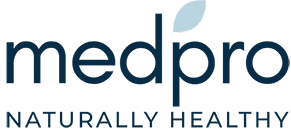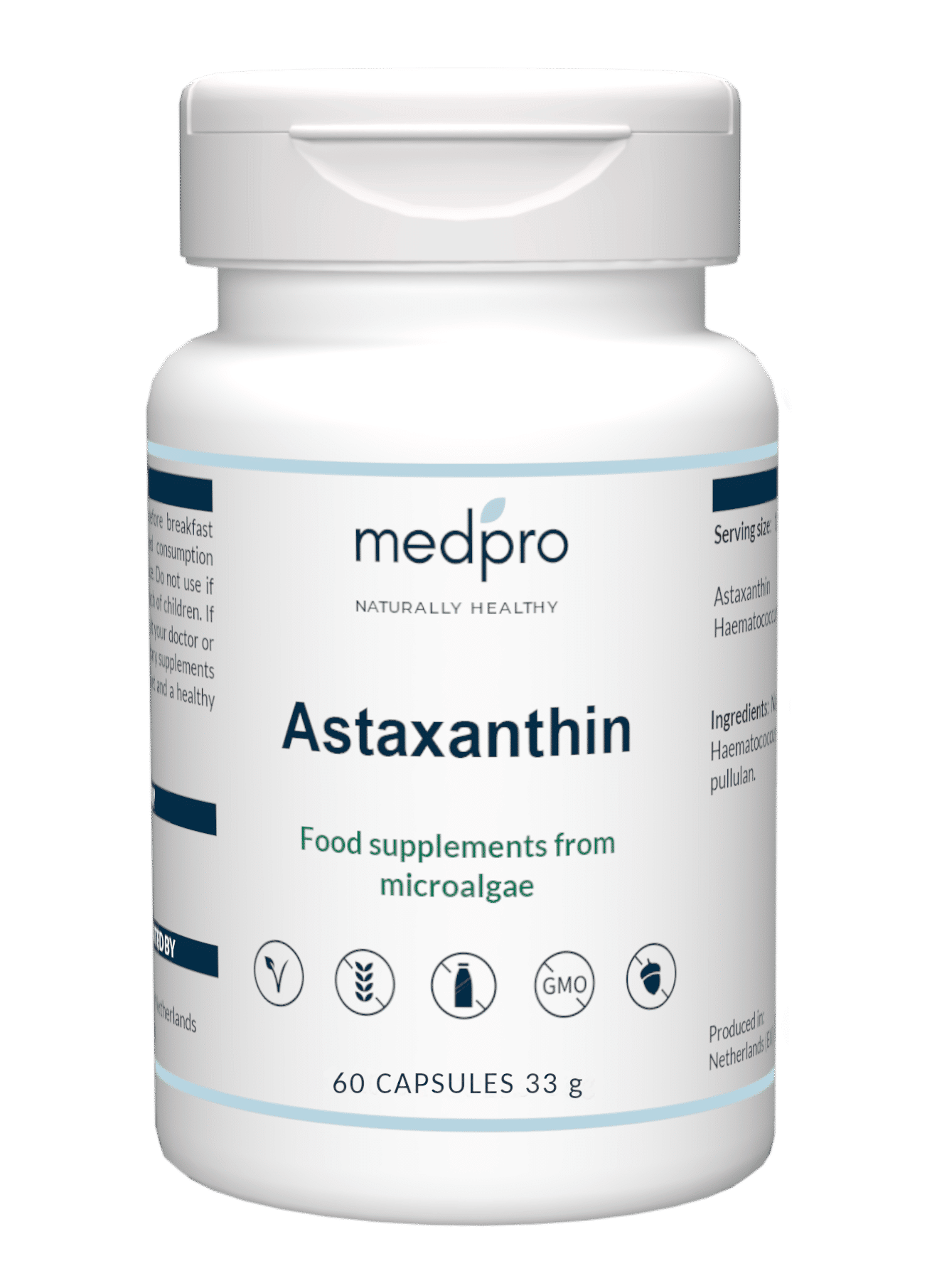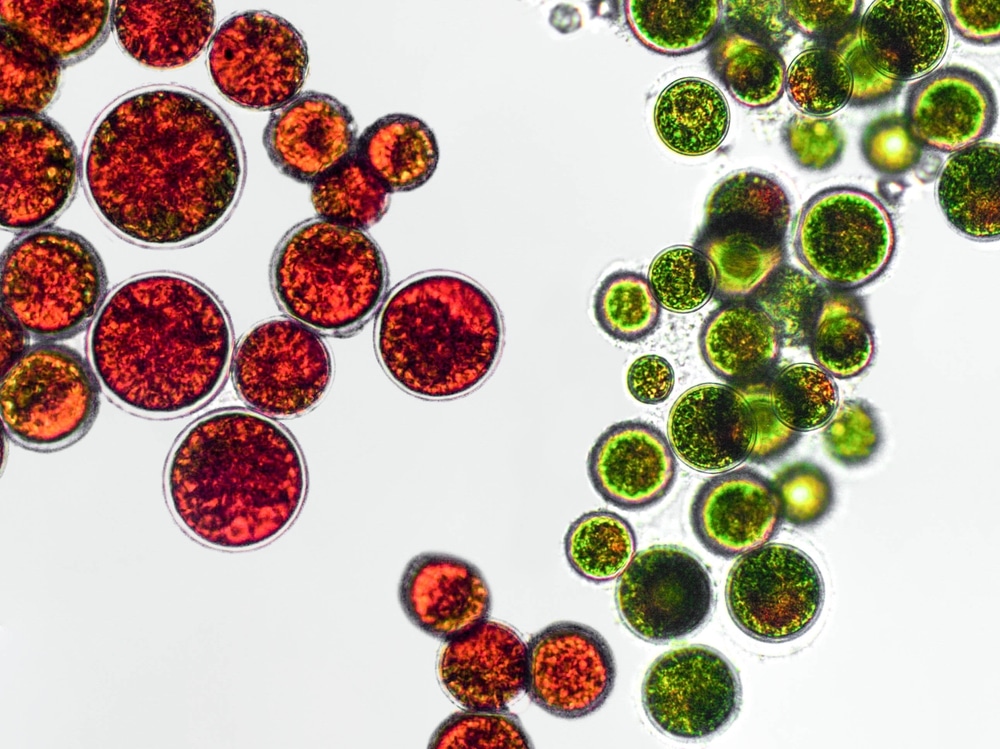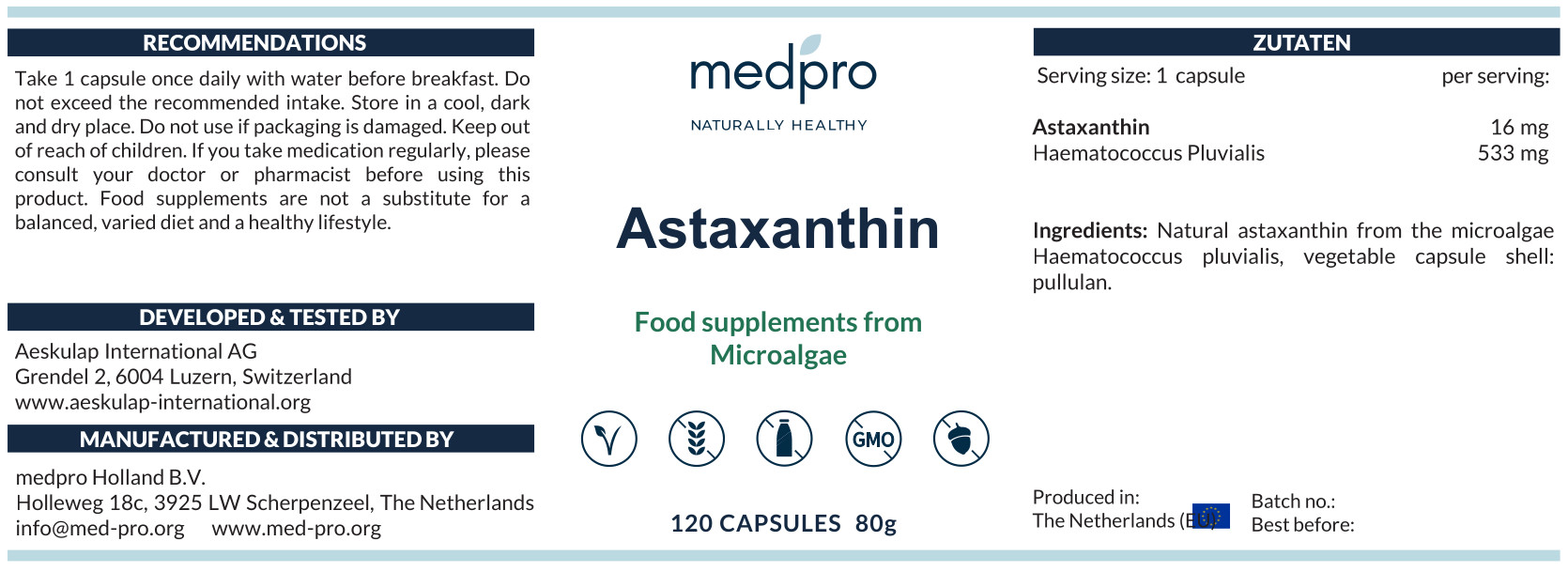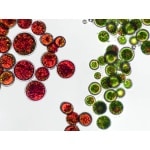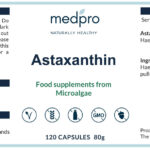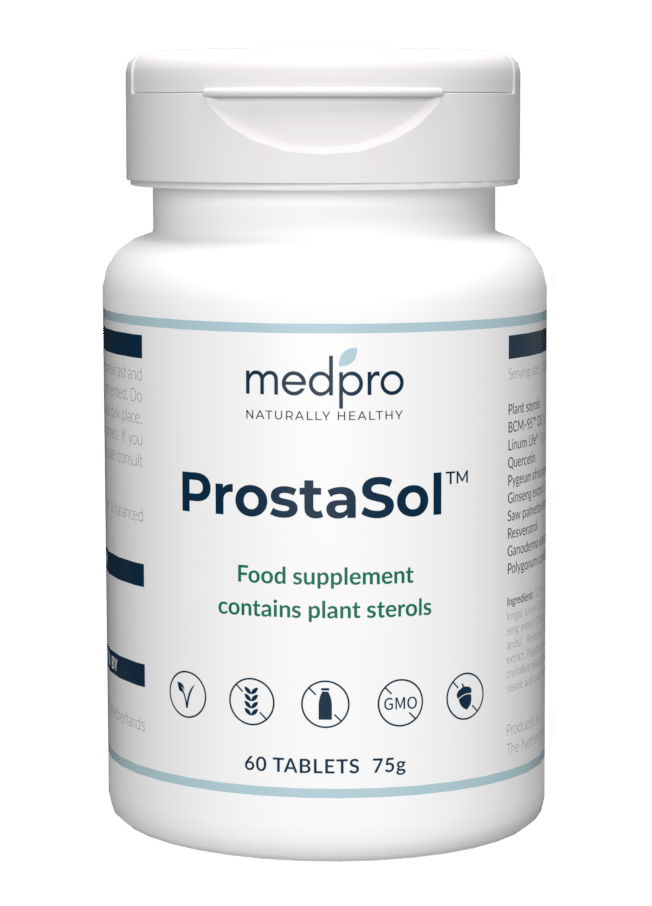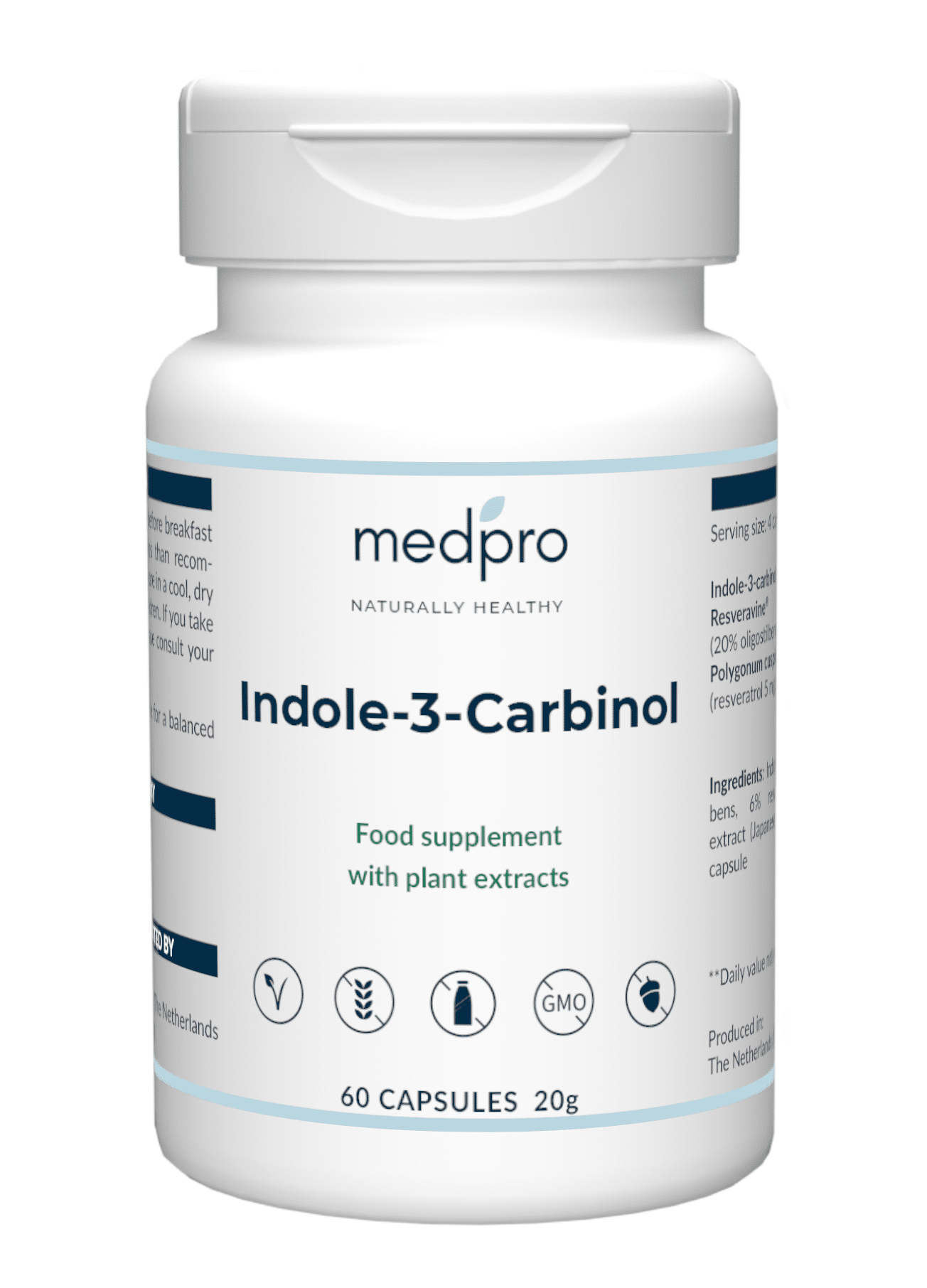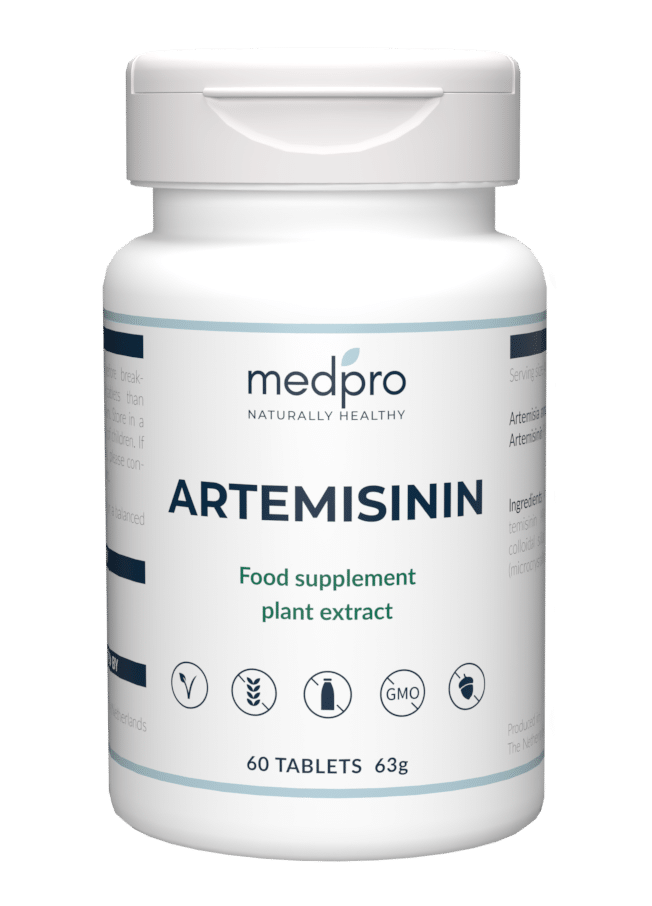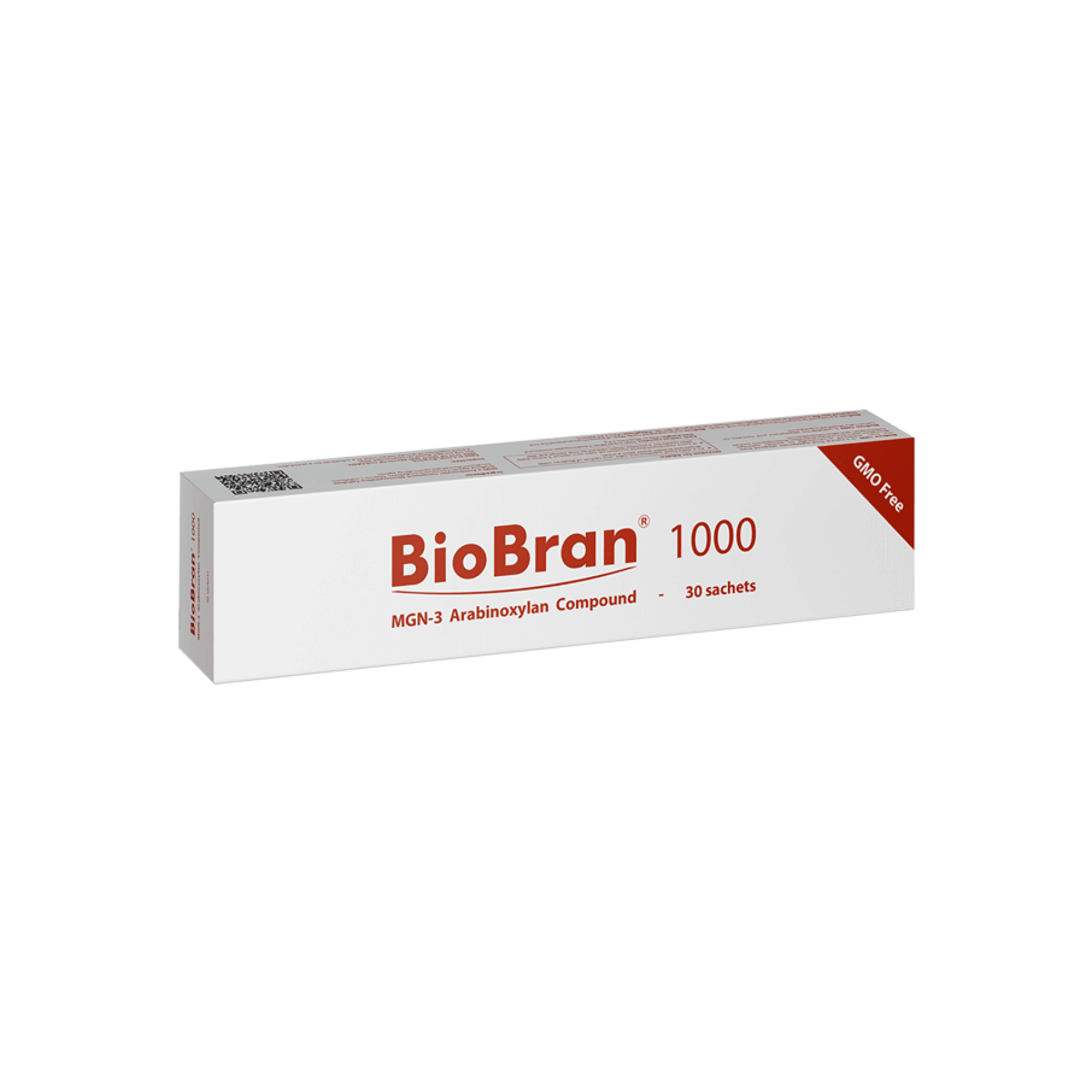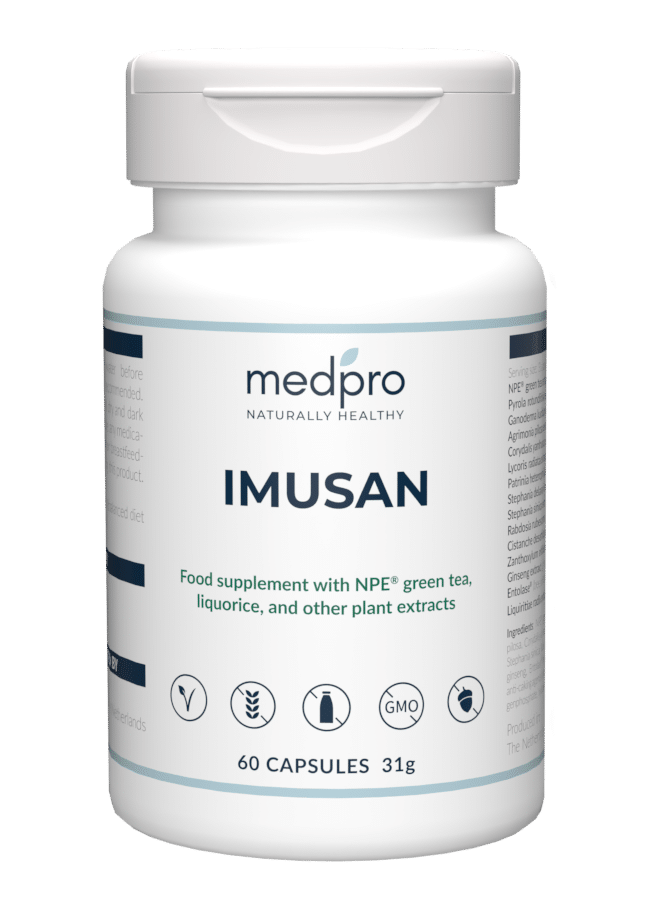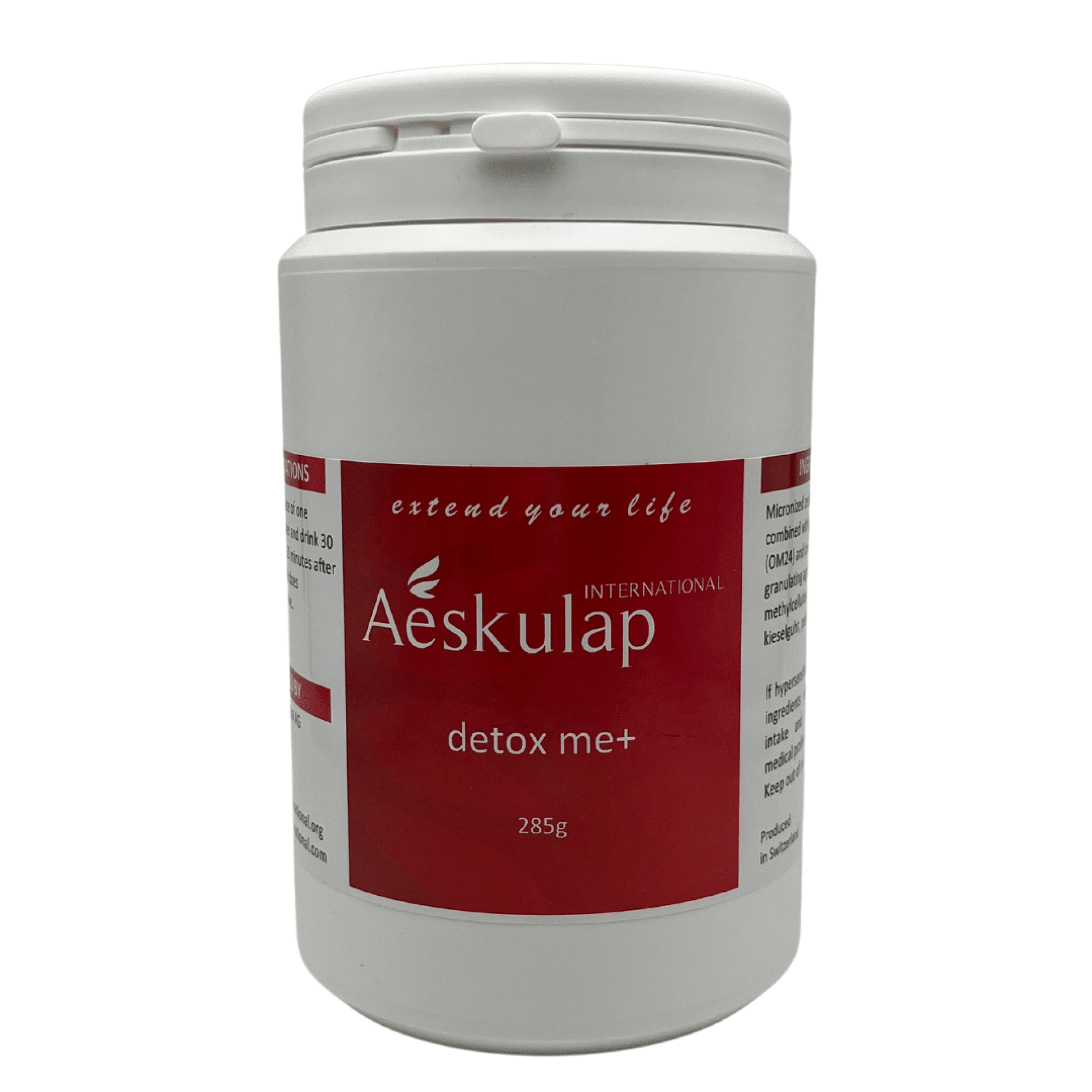Astaxanthin - from microalgae
Natural astaxanthin from the microalgae Haematococcus pluvialis
- For optimum cell protection
- Highly dosed with 16 mg per capsule
- High bioavailability
36,90 €
Developed with medical specialists
More than 17,000 satisfied customers
Personal expert advice
Astaxanthin supports particularly well with
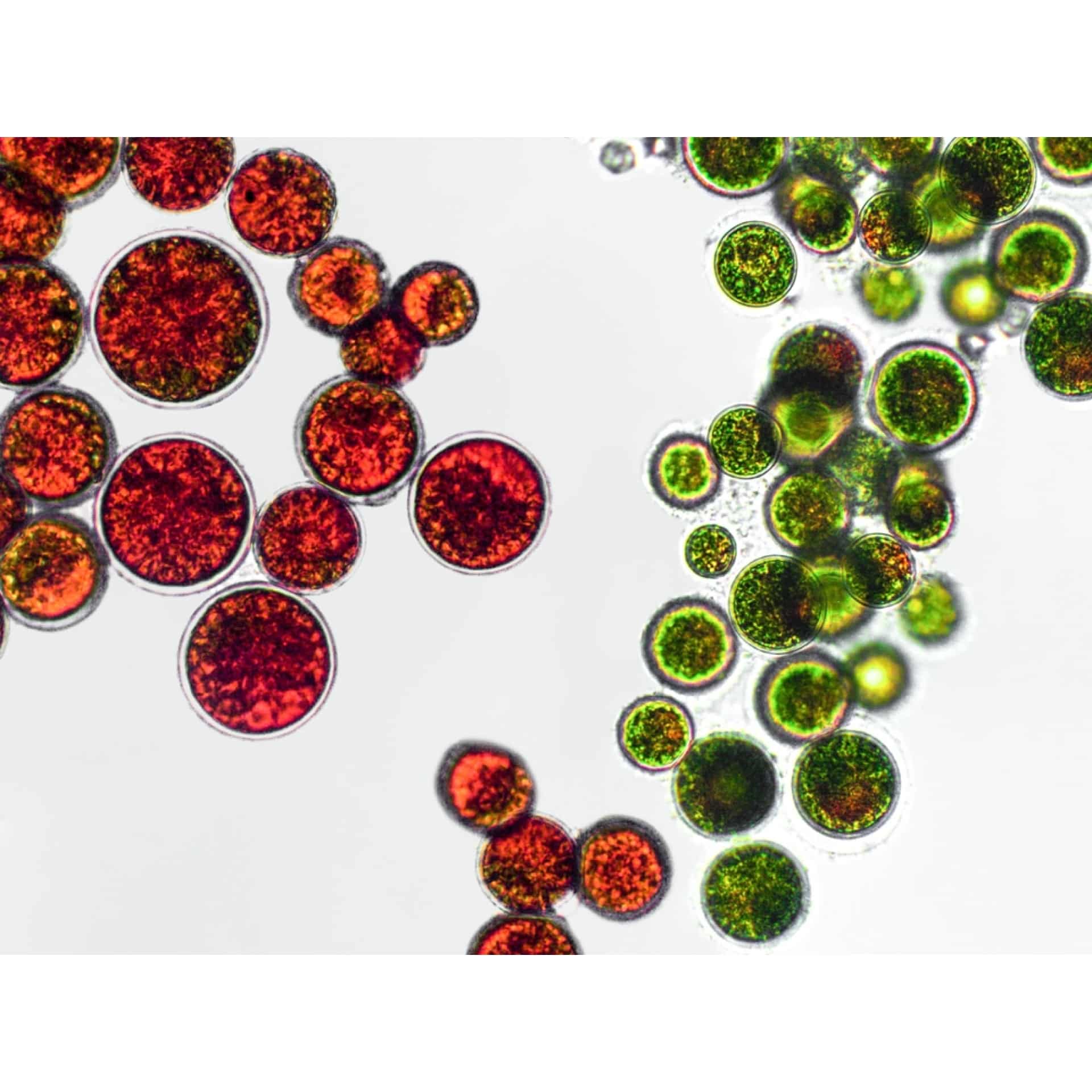
Bioactive premium ingredients
Astaxanthin from the Haematococcus Pluvialis algae
Astaxanthin is now known as a reliable and powerful antioxidant from nature. Due to its natural origin from the so-called Haematococcus Pluvialis algae, this high-quality preparation from medpro has extremely good bioavailability.Astaxanthin is characterized by its strong antioxidant effect, which can protect the cells from oxidative stress.
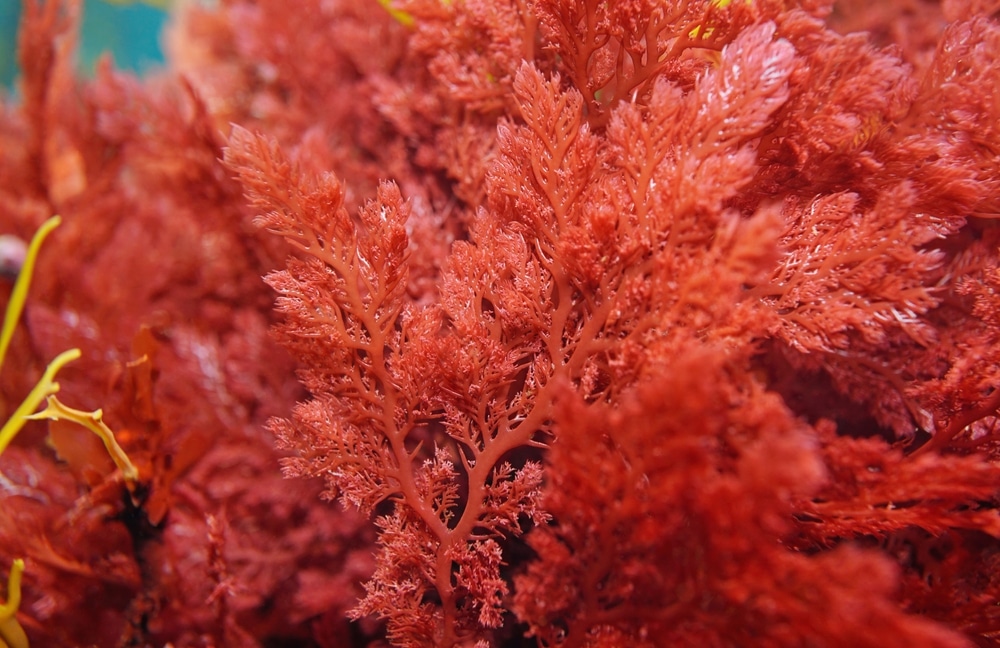
The uniqueness of Astaxanthin
Yield
medpro’s astaxanthin is highly dosed, so one capsule a day is sufficient.One product bottle of astaxanthin is sufficient for a period of four months.
Consumption recommendation
- Take 1 capsule once a day with water before breakfast. Do not exceed the recommended intake. Store in a cool, dark and dry place. Do not use if the packaging is damaged. Keep out of the reach of children. If you regularly take medication, please consult your doctor or pharmacist before using this product. Food supplements are no substitute for a balanced, varied diet and a healthy lifestyle.
Ingredients
| Ingredients per daily portion | mg | % NRV* |
| Astaxanthin | 16 mg | |
| Haematococcus Pluvialis | 533 mg |
The 8 most asked questions
Astaxanthin is a powerful antioxidant that occurs naturally and is known for its deep red color, which is also found in salmon, crab and shrimp.It is mainly extracted from the microalgae Haematococcus pluvialis.These algae produce astaxanthin as a protective mechanism against environmental stresses such as UV radiation and drought.Astaxanthin is isolated from the algae using special extraction methods and used in food supplements.
Astaxanthin offers numerous health benefits due to its powerful antioxidant properties.It helps neutralize free radicals in the body, which counteracts cell damage and premature aging.Studies have shown that astaxanthin can protect the skin from UV damage, protect the eyes from oxidative stress and support physical performance.It can also have anti-inflammatory effects and promote general cardiovascular health.
Astaxanthin differs from many other antioxidants in its exceptionally strong ability to neutralize free radicals.It is able to penetrate cell membranes better and thus offer more comprehensive protection.Studies have shown that astaxanthin is up to 6000 times more powerful than vitamin C and up to 800 times more powerful than coenzyme Q10 when it comes to warding off oxidative damage.This powerful antioxidant action makes it an attractive choice for people looking to support their health and vitality.
The origin of astaxanthin from microalgae such as Haematococcus pluvialis is important because this source offers high purity and bioavailability of the active ingredient.Microalgae are able to produce particularly high concentrations of astaxanthin, resulting in a pure and effective product.In addition, the algae source is sustainable and environmentally friendly, which contributes to the quality and environmental compatibility of the end product.
Yes, astaxanthin can be particularly useful if you are frequently exposed to environmental factors such as UV radiation or air pollution that can increase oxidative stress.It may also be helpful for people who exercise regularly, as it can help minimize oxidative damage caused by intense exercise.It could also be beneficial for people who want to support a healthy ageing process, as it protects the skin from UV damage and promotes cellular health.
Astaxanthin is known to support skin health through its powerful antioxidant effects.It helps to protect the skin from damage caused by UV radiation by neutralizing free radicals that can damage skin cells.This can help reduce wrinkles and age spots and improve the overall appearance of the skin.Studies have shown that astaxanthin can improve skin elasticity and increase skin hydration.
Astaxanthin is generally safe for most people and is well tolerated.However, there are some groups of people who may need to take extra care.These include pregnant or breastfeeding women, who may need to consult their doctor before taking any new supplements.People with allergies to algae should also be cautious and seek medical advice if in doubt.
In order to obtain a high-quality astaxanthin preparation, you should pay attention to the origin and production method of the product.Preparations obtained from Haematococcus pluvialis are considered to be of particularly high quality.It is also important to pay attention to certifications and quality assurance standards such as GMP (Good Manufacturing Practice).A look at customer reviews and the transparency of the manufacturer can also be helpful to ensure that you are getting a high-quality product.
Other products from our range
You are currently viewing a placeholder content from Google Maps. To access the actual content, click the button below. Please note that doing so will share data with third-party providers.
More InformationYou are currently viewing a placeholder content from Facebook. To access the actual content, click the button below. Please note that doing so will share data with third-party providers.
More Information